I had a really interesting conversation with Brooke Rewa, founder of Goodmylk, and she explained to me something that was shocking to me, and I’m surprised I hadn’t already known: Nearly all the almonds for sale in the US are pasteurized. Even the ones labeled “raw”. They are either cooked with heat, or sprayed with a toxic chemical called PPO (more on that later).
The Salmonella outbreaks of the early two-thousands.
There were two outbreaks of Salmonella that were traced back to California almonds. The first outbreak was a rather serious one in the year 2001 and affected mostly Canada with over 160 confirmed cases of Salmonella. From pubmed.gov:
One hundred sixty-eight laboratory-confirmed cases of SE PT30 infection (157 in Canada, 11 in the United States) were identified between October 2000 and July 2001. The case-control study identified raw whole almonds as the source of infection (odds ration, 21.1; 95% confidence interval, 3.6 to infinity). SE PT30 was detected in raw whole natural almonds collected from home, retail, distribution, and warehouse sources and from environmental swabs of processing equipment and associated farmers’ orchards.
The second outbreak happened in 2004 and affected mostly the Oregon region with 25 confirmed cases. From NY Times:
A Salmonella outbreak traced to one of the world’s largest almond producers has sickened about 25 people and prompted a nationwide recall of more than 13 million pounds of almonds.
The USDA Almond Rule
It was in 2007 that the USDA actually put the “Almond Rule” into effect and demanded that all California almonds must be pasteurized to achieve a 4-log reduction in microbial count before being sold commercially. This new regulation was campaigned for by the Almond Board of California (ABC). From foodnavigator.com:
According to the ABC, “the goal of the Action Plan is to provide assurance that all almonds reaching consumers have undergone a treatment to reduce the potential for pathogen contamination, without compromising the quality and flavor consumers expect”.
My first reaction was to think “OK, well if it’s only the almonds grown in California maybe it’s not that big of a deal”. However, it turns out that 80% of the world’s almonds come from California, and 100% of the commercial supply in the US. In fact, companies looking to buy actual raw almonds in bulk end up importing them from Europe, where the regulation doesn’t exist.
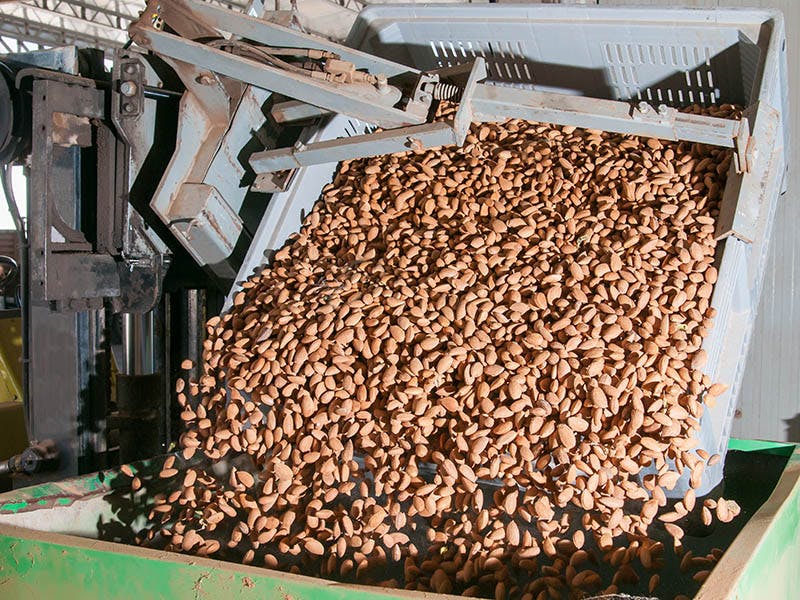
You can, indeed, find many brands of “raw” almonds at the grocery store, but they simply aren’t raw. The term “raw” in the almond industry is used to refer to almonds that aren’t “roasted”, but they have still been pasteurized. There is no FDA regulation around the term “raw”, which is why many HPP juice companies have labeled their juice as raw (and some were sued for it).
If you believe you’re buying raw almonds, soak them in water and see if they sprout. If no plant starts to germinate and grow, the almonds aren’t actually raw.
The use of Propylene Oxide to pasteurize almonds
If you’ve gotten this far in the article and aren’t shocked yet, this will do it:
One of the approved methods of pasteurization is the use of Propylene Oxide (PPO) applied to the outside of the almonds. This is the description of PPO from the National Library of Medicine:
Propylene Oxide is a synthetic, highly-flammable, volatile, colorless liquid that is soluble in water and miscible with many organic solvents. Propylene oxide is used primarily as a chemical intermediate in the production of polyethers and propylene glycol. It is also used as a pesticide and a fumigant for the sterilization of packaged foods and plastic medical instruments. Acute inhalation exposure to vapors of this compound can result in respiratory tract irritation, coughing, difficulty in breathing (dyspnea) and buildup of fluid in the lungs (pulmonary edema) that can possibly lead to pneumonia. Inhale high concentrations of the vapors for short time periods may cause headache, motor weakness, incoordination, ataxia and coma. Contact with propylene oxide can irritate the eyes and skin. It is reasonably anticipated to be a human carcinogen. (NCI05)
What… the… actual… f@#$
It’s literally deemed a probable carcinogen, yet it’s approved as a method of fumigating food.
Check out the warning labels for PPO:
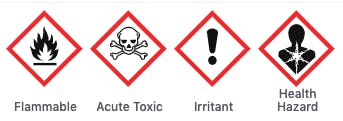
Companies are not required to put this on the label since it’s deemed a “processing aid” by the FDA. There are hundreds of chemicals like this used in food production that aren’t required to go on the label as an ingredient. One of the scary ones in the juice and wine industry is dimethyldicarbonate, a chemical preservative that can kill you if you ingest the stuff and must be handled wearing a scary looking suit. Also not required to be listed on the label.
Thanks, but I’ll take my chances with the raw stuff!
Consumers should have a choice
Something I’ve been vocal about in the juice industry is that consumers should have a choice between raw or processed juice, and the same goes for almonds. In my opinion, we should decide for ourselves if we want to take the risk at consuming raw products. A warning label is enough.
As of now, since there’s no regulation that says processing aids and processing steps must be printed on the label. HPP, Pasteurization, PPO, etc. do not need to be listed on the label, and in fact they can still use the word “raw”. How can we choose if we don’t even have a right to know?
I’m not the only one that feels this way. When the Almond Rule was proposed, there was a backlash from small handlers and consumer groups. The government responded:
“in response to the comment that consumers should have a choice to buy raw or processed almonds, and the suggestion that almonds be labeled as non pasteurized, USDA assumes that the commenter means labeling at the consumer level. The Act provides authority for requirements under a marketing order at the handler level, not the consumer level. Thus, no changes have been made to the proposed rule based on this comment”.
Basically, “not our problem, dude”.
Big companies love regulation
These anti-raw laws are said to be made for public safety, but I suspect much of it has to do with raising the barrier to entry for small companies. Something a lot of people don’t understand about most regulation is that it helps the large companies that can afford to comply, and hurts small companies that can’t.
That’s why you see Zuckerberg campaigning hard for regulation in the social media industry. It will be near impossible to start a competing social media company if you need to spend tens of millions on special detection algorithms and software development. Facebook has already spent this money and developed their special software to detect certain types of posts. Forcing other companies to do the same by passing government regulation helps them keep others out of the market.
Almond growers now need to purchase expensive equipment or pay to have their almonds processed elsewhere before selling them. This raises the cost for the almond producers so much so that most of the small growers cannot compete. This is parallel to what I wrote about in the juicing industry in my article The War on Raw Juice. Forcing companies to HPP or pasteurize keeps small producers out of the wholesale market. Great for Coke, bad for the little guys.
Where to find actually raw, unpasteurized almonds
If you are seeking truly raw almonds, you need to be specific about them being unpasteurized. It is not against the law to sell unpasteurized almonds direct-to-consumer, so you can find some suppliers that will ship directly to you. One brand that sells truly raw, imported almonds is Terrasoul. There are probably others as well. If you know of any, please comment below.
How do you feel about this? Should Government decide if food should be pasteurized? Comment below!
Comments
Excellent aticle Charlie! As a organic almond grower, I have been legally selling unpasteruized, California almonds for many years direct to the consumer. The cases of salmonella poisoning in past years revealed the cause of contamination came from the harvest equipment and harvest method. Most farmers have no choice but to harvest almonds on the orchard floor, then sweep them up; a very dusty and dirty operation, exposing them to harmful pathogens. Since I sell unpasteurized, truly raw almonds it is imporatant I avoid this threat, therefore I use off-ground harvesting methods and avoid the whole problem in he first place. It gives me (Capay Hills Orchard) and my customers an added sense of food safety all while providing exceptionally healthy almonds in their viable state.
You're probably not going to believe this but the organic almonds that are allowed to be labeled "raw," i.e. that are pasteurized by law, DO germinate. (Yeah, I was shocked.) Obviously, I'd prefer that my almonds not be tampered with but when making what Sprout People call "soaks," the almonds do what you'd expect them to do when following their sprouting instructions.
I have noticed the almonds i buy from Cosco produce a tale once they have been soaked which leads me to believe they are still vital, G
This was extremely informative, I was not aware of the Almond Rule prior to reading this article. More consumers need to be made of this, WE should have the freedom to choose between raw or pasteurized.
Government definitively has to allow non pasteurized almonds, but again is all about protecting the big companies. Don't understand how strict US is about importing fresh vegetables from other countries and the use of pesticides during harvest, they collect hundreds of dollars seeking for pesticides on this fresh import products but then Propylen Oxide that its allowed. It is like having double moral.
So if I expose my juices to UV, do I have to say that on the label or not? This is the first time I've heard of processing aids, and I've researched by reading the text of the laws.
Hi no you do not have to put it on the label since it’s a processing step. However, I hope you do as the consumer should know that what they’re buying isn’t raw.
Great post Charlie! Same thing in México as all almonds also come from California.
Thanks for this! I didn't know!
I am happy you are writing about this. It is really terrible for consumers! Look at LivingNutz. They sell raw almonds from Italy and Spain and are located in Maine. Cynthia
Cal Grower direct raw almonds per USda can only be for small Quantity direct sale

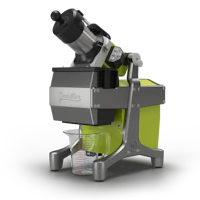
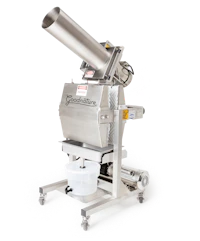
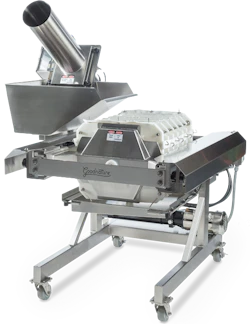
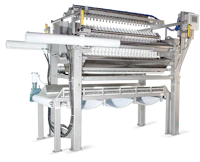

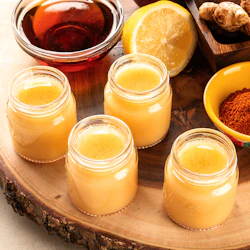
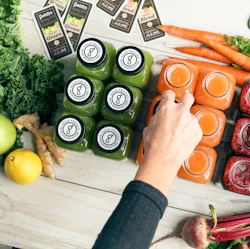
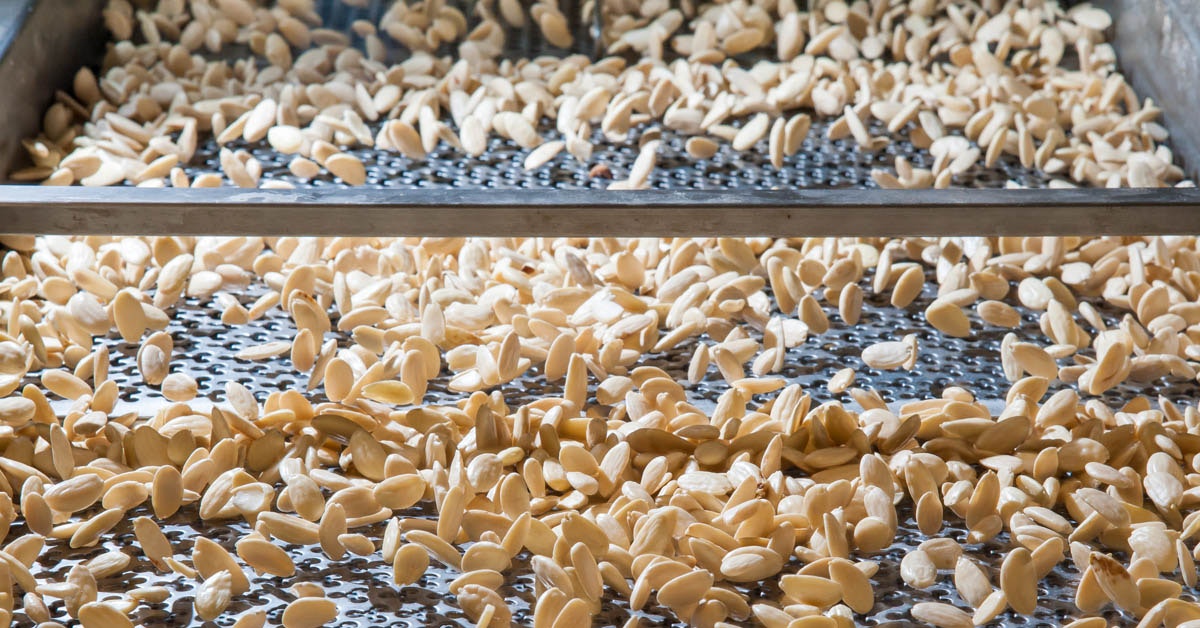

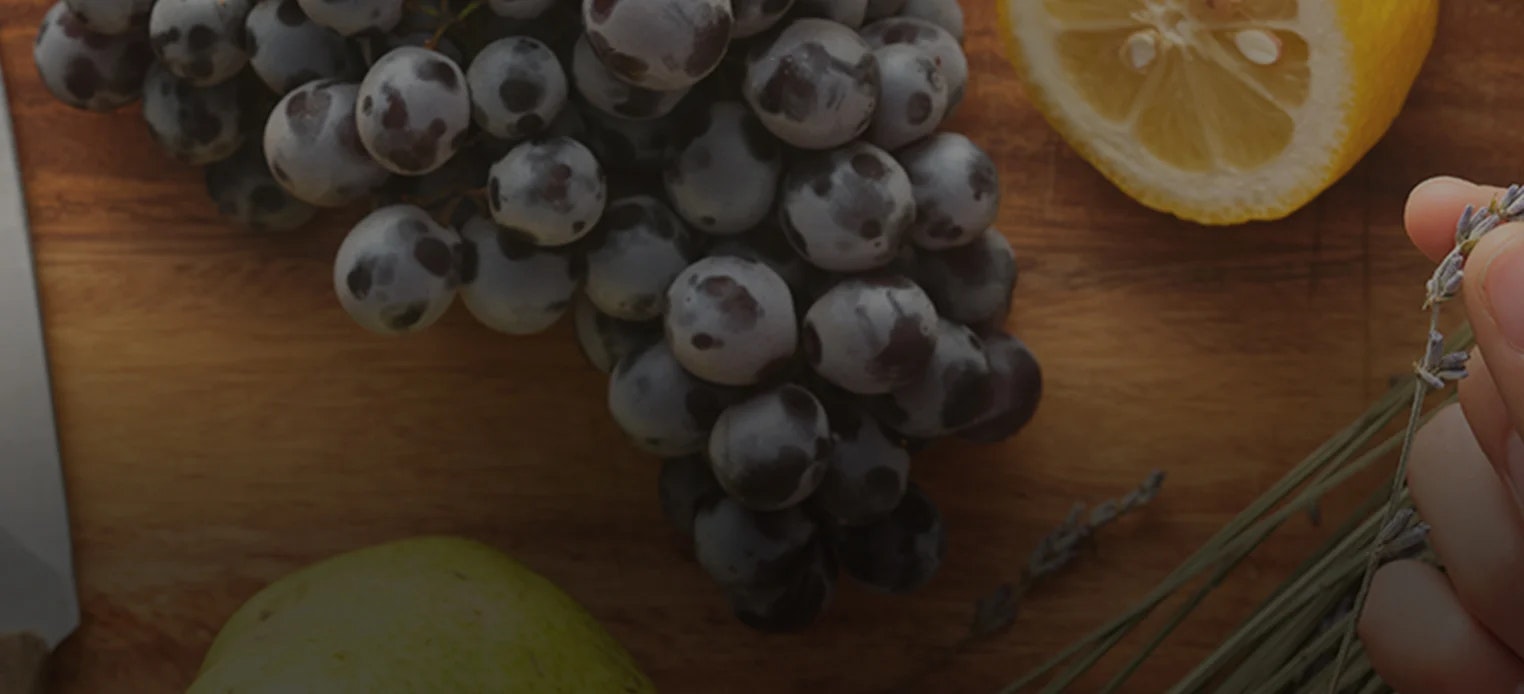
Comment